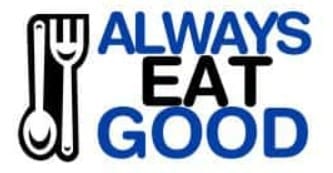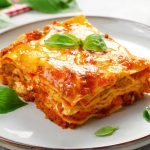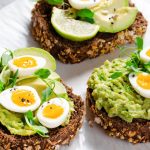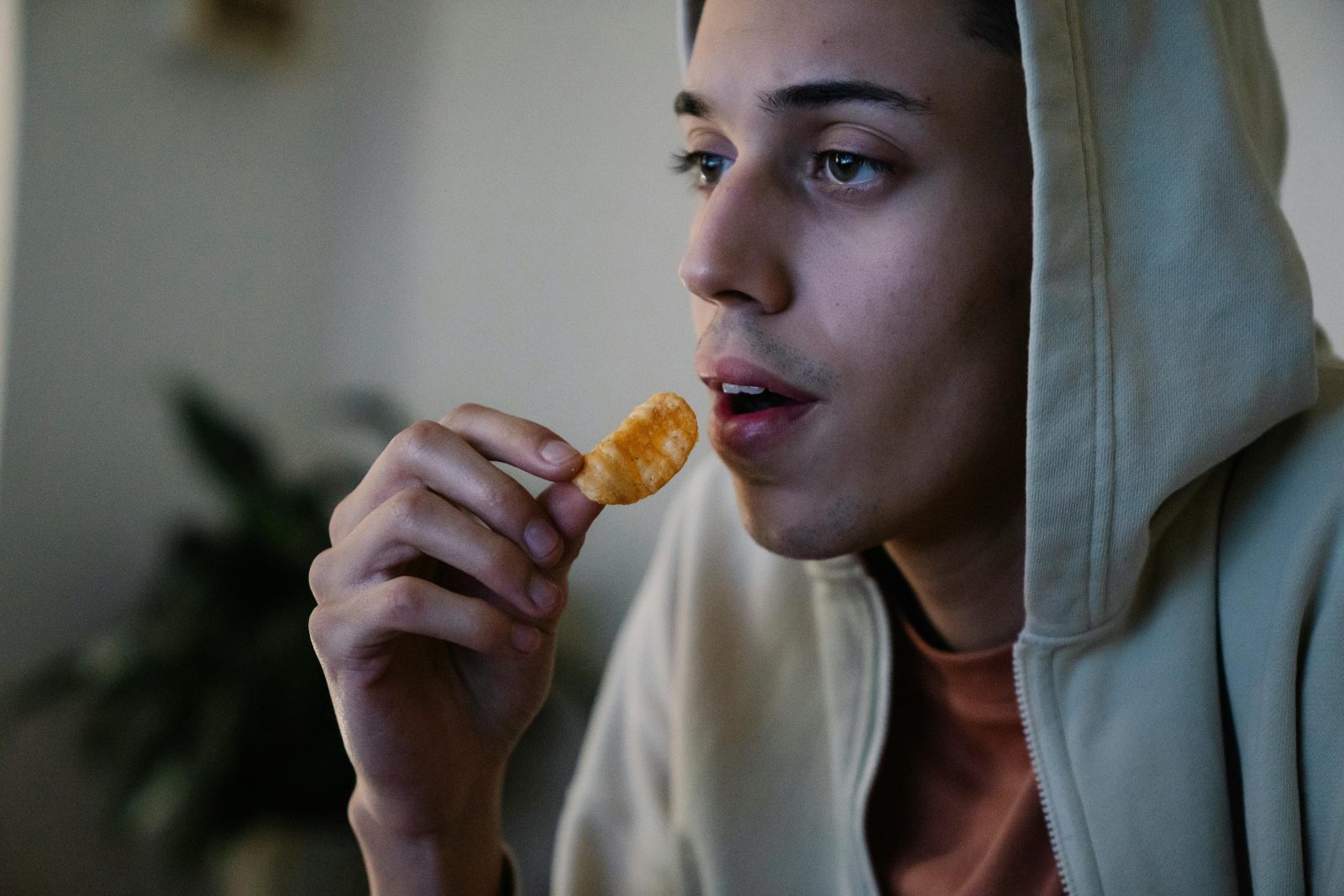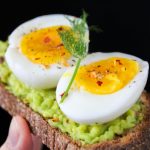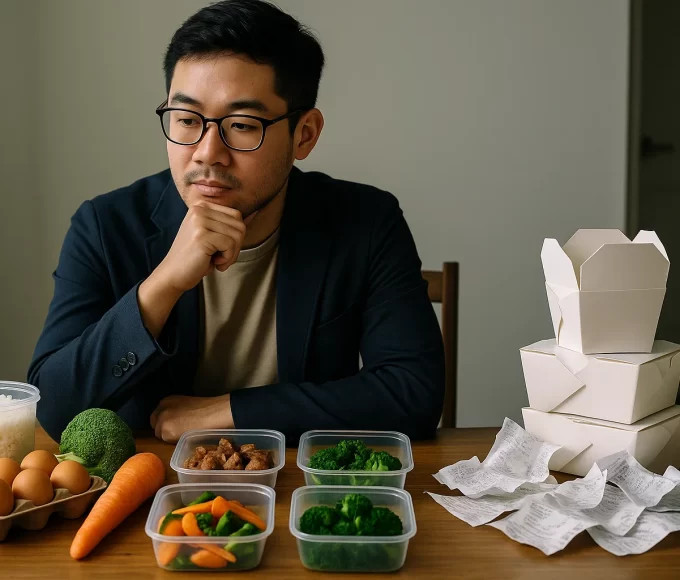Midnight snacks are real — and most of us have had them, whether it’s leftover pizza or a spoonful of peanut butter straight from the jar. But why do these late-night cravings feel so intense, and how can you satisfy them without wrecking your sleep or your next day’s energy?
Let’s break down what’s happening (no fluff), and share practical swaps so you can snack smarter.
The Science of Late-Night Cravings
Your body’s natural rhythm, called the circadian rhythm, controls everything from your sleep cycles to your appetite. As the evening sets in, your hunger-regulating hormones shift:
-
Leptin (the “I’m full” hormone) naturally dips in the evening.
-
Ghrelin (the “I’m hungry” hormone) tends to rise at night.
On top of that, blood sugar levels can drop by bedtime, especially if you had a light or early dinner. Combine those factors with stress or fatigue, and your brain starts demanding easy, calorie-dense foods.
The Role of Emotions and Habit
Midnight snacking isn’t always about physical hunger. It’s often tied to:
-
Stress or emotional eating: After a long day, your brain craves comfort.
-
Boredom: Late nights = more idle time, more wandering to the kitchen.
-
Habit: If you always end your night with a sweet treat, your brain expects it.
Why Typical Midnight Snacks Can Wreck Your Sleep
Most late-night snacks are high in refined carbs or sugar — think chips, cookies, leftover pasta. While these satisfy short-term cravings, they can:
-
Spike blood sugar → Crash it soon after → Wake you up again.
-
Affect sleep quality — high-sugar foods have been shown to disrupt REM sleep.
-
Leave you feeling groggy in the morning.
How to Make Midnight Snacks Healthier
You don’t need to skip midnight snacks altogether. Here’s how to make them smarter — so you can satisfy cravings without paying for it later.
1. Balance Protein and Fat
Pairing protein and healthy fats helps you stay full longer and stabilizes blood sugar.
-
Examples:
-
A small bowl of Greek yogurt with cinnamon
-
A handful of almonds or walnuts
-
Whole grain crackers with cottage cheese
-
2. Keep Portions Small
Your body doesn’t need a full meal at midnight. Aim for 200 calories or less — enough to calm the cravings without overloading your system.
-
Examples:
-
1 banana with a tablespoon of peanut butter
-
1 slice of whole wheat toast with hummus
-
3. Avoid Heavy, Spicy, or Fried Foods
These can cause indigestion and disrupt sleep. If you’re going to snack, keep it light and easy to digest.
4. Try Sleep-Friendly Foods
Certain foods contain compounds like tryptophan and magnesium, which can help your body relax.
-
Examples:
-
A small glass of warm milk
-
A slice of turkey breast
-
A few slices of banana
-
Midnight Snack Ideas That Work
| Snack | Why It Works |
|---|---|
| Plain Greek yogurt with berries | Protein-rich, gut-friendly, low sugar |
| Whole wheat toast with avocado | Fiber, healthy fats, easy to digest |
| Cottage cheese + sliced cucumber | High protein, cooling, satisfying |
| Turkey or chicken roll-ups | Lean protein, low impact on sleep |
| Banana + almond butter | Magnesium-rich, creamy comfort |
Bottom Line
Midnight snacks are normal — but they don’t have to wreck your sleep or your diet. Focus on balanced, light snacks that won’t spike blood sugar or overload your digestion.
Keep portions small, swap processed snacks for real foods, and if you find yourself snacking out of boredom, try a glass of water or herbal tea first.
You don’t have to give up late-night snacking. Just snack smarter — and wake up feeling rested, not regretful.
Read more – Waking Up Hungry? Try These High Protein Breakfast Ideas
